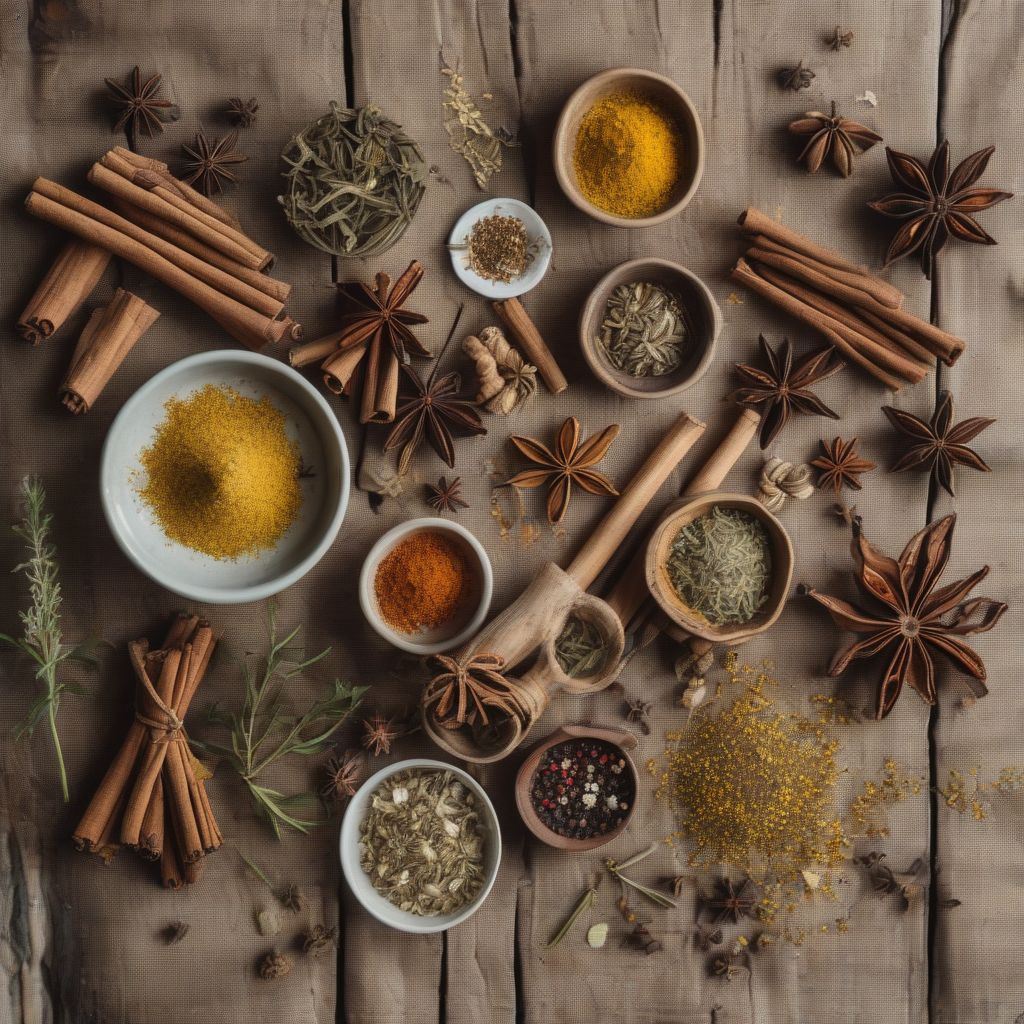Imagine this: you wake up with a scratchy throat, feeling the beginnings of a cold. Instead of reaching for over-the-counter medication, you brew a soothing cup of herbal tea, harnessing the power of nature to ease your symptoms. Herbs have been used for centuries in traditional medicine to address various ailments and enhance overall well-being. But with this ancient practice comes a crucial question: how can you use herbs safely and effectively in our modern world?
This comprehensive guide will delve into the world of herbs, exploring their benefits, potential risks, and practical tips for safe and effective use. Whether you’re a seasoned herbal enthusiast or a curious beginner, this guide will equip you with the knowledge to confidently incorporate herbs into your wellness routine.
Understanding the Power of Herbs
Herbs are much more than just culinary additions; they’re packed with naturally occurring compounds that can impact our health. From boosting immunity with echinacea to easing anxiety with chamomile, herbs offer a natural approach to supporting our well-being. Unlike pharmaceutical drugs, which often target specific symptoms, herbs work holistically, addressing the root cause and promoting overall balance within the body.
Safety First: Navigating Potential Risks
While generally safe when used responsibly, herbs can have potent effects and should be treated with respect. Here are key factors to consider:
1. Quality Control: Sourcing Your Herbs Wisely
Just like any food or supplement, the quality of your herbs matters. Look for reputable suppliers who prioritize organic farming practices, sustainable sourcing, and rigorous testing for contaminants.
2. Dosage Dilemmas: Finding the Right Balance
The adage “more is better” doesn’t apply to herbs. Each herb has a unique potency and dosage recommendation. Always start with the lowest suggested dose and gradually increase as needed, paying close attention to your body’s response.
3. Herb-Drug Interactions: Consulting Your Healthcare Provider
Herbs can interact with certain medications, potentially increasing or decreasing their effectiveness or causing adverse reactions. It’s crucial to consult your healthcare provider, especially if you have pre-existing health conditions or are taking medications.
4. Individual Sensitivities: Listening to Your Body
Just as with food, individuals can have sensitivities or allergies to certain herbs. If you experience any unusual symptoms after using a new herb, discontinue use and consult your healthcare provider.
Effective Use: Maximizing the Benefits of Herbs
1. Identifying Your Needs: Goal Setting is Key
Before incorporating herbs into your routine, clarify your health goals. Are you looking to boost your energy levels, improve sleep quality, or support digestion? Identifying your specific needs will help you choose the most effective herbs.
2. Forms and Preparations: Choosing What Suits You Best
Herbs come in various forms, each with pros and cons:
- Teas: A gentle and versatile way to enjoy herbs.
- Tinctures: Concentrated herbal extracts preserved in alcohol or glycerin, offering quick absorption.
- Capsules: Convenient for those who prefer a tasteless and odorless option.
- Essential Oils: Highly potent, used primarily for aromatherapy or topical applications diluted in carrier oil.
3. Lifestyle Integration: Making Herbs a Part of Your Daily Life
Integrate herbs seamlessly into your routine:
- Culinary Delights: Elevate your meals with flavorful and health-boosting herbs like basil, oregano, and thyme.
- Relaxing Rituals: Unwind with a calming cup of chamomile tea before bedtime.
- Natural Remedies: Explore herbal remedies for common ailments like colds, headaches, or indigestion.
Seeking Guidance: The Importance of Expert Advice
Navigating the world of herbs can be overwhelming, especially for beginners. Consulting with a qualified herbalist or naturopathic doctor can provide personalized guidance based on your individual health status and goals. They can help you:
- Choose appropriate herbs and dosages.
- Identify potential interactions.
- Develop a safe and effective herbal protocol.
A Journey of Discovery: Embracing the Power of Nature
Using herbs safely and effectively is a journey of learning, exploration, and listening to your body. By prioritizing safety, seeking expert guidance, and incorporating herbs into your life mindfully, you can harness the incredible power of nature to enhance your overall well-being.
 Herbal Tea Ingredients
Herbal Tea Ingredients
[amazon bestseller=”herbal medicine books”]
Conclusion:
Incorporating herbs into your wellness routine can be a rewarding experience, offering natural support for various health concerns. Remember, safety and efficacy go hand in hand. By sourcing high-quality herbs, respecting dosages, being mindful of potential interactions, and seeking expert guidance, you can confidently navigate the world of herbs and harness their potent benefits. As you embark on your herbal journey, embrace the process of discovery, listen to your body’s wisdom, and experience the transformative power of nature’s healing touch.
If you’re interested in exploring the world of herbal remedies further, check out our articles on The Best Herbs for Treating Colds and Flu and The Impact of Herbal Remedies on Chronic Conditions. We also encourage you to share your thoughts and experiences with herbs in the comments below.
